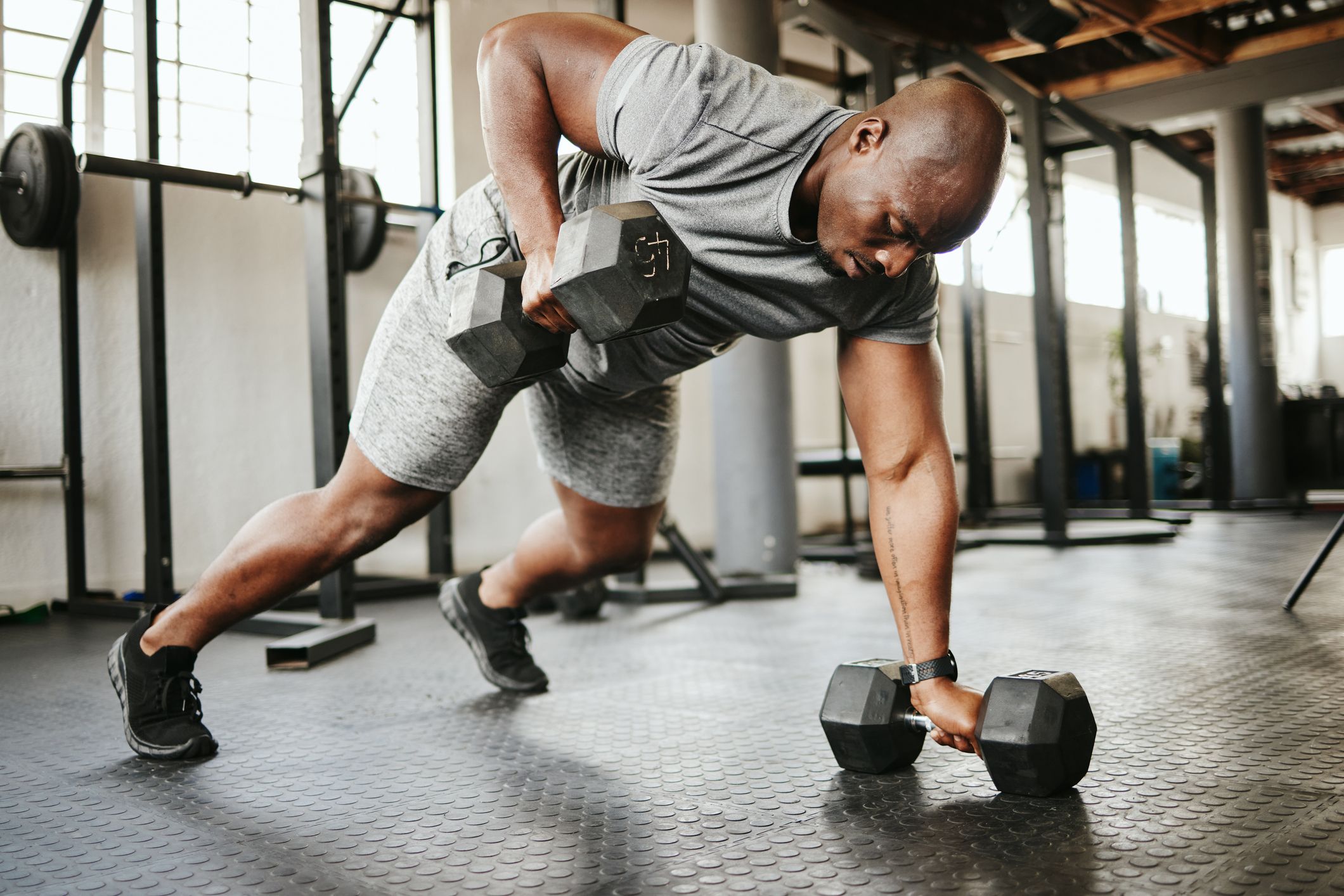
Mastering Hydration: Tips for Preventing Dehydration
Ensuring proper hydration is crucial for overall health and well-being. Dehydration can lead to various health issues, so adopting strategies to prevent it is essential for maintaining optimal health.
Monitor Water Intake Throughout the Day
Be mindful of your water consumption throughout the day. Aim to drink water regularly, even when you’re not feeling thirsty. Carry a reusable water bottle to encourage consistent hydration.
To explore detailed tips for preventing dehydration, visit Women’s Health and Style. Discover a wealth of information to optimize your hydration and well-being.
Recognize Signs of Dehydration
Familiarize yourself with the signs of dehydration, such as dry mouth, dark urine, dizziness, or fatigue. Understanding these signs helps you take proactive steps to hydrate before dehydration occurs.
Balance Electrolytes
In addition to water, maintain electrolyte balance by consuming foods or drinks containing electrolytes. Coconut water, sports drinks, or fruits like bananas can help replenish electrolytes lost through sweating.
Hydrate Before, During, and After Exercise
Stay adequately hydrated before, during, and after exercise. Drink water or a sports beverage to replace fluids lost through sweat. Hydrating properly supports optimal physical performance and recovery.
Limit Alcohol and Caffeine Consumption
Alcohol and caffeine can contribute to dehydration. Limit their intake, as they act as diuretics, increasing urine output and potentially leading to fluid loss.
Consume Hydrating Foods
Incorporate hydrating foods with high water content into your diet. Fruits like watermelon, cucumber, oranges, and vegetables like celery or lettuce can contribute to your overall hydration.
Adapt to Hot or Humid Conditions
In hot or humid climates, increase your fluid intake to compensate for excessive sweating. Take frequent breaks in shaded or cooler areas and consume fluids regularly.
Create a Hydration Routine
Establish a hydration routine by setting reminders to drink water throughout the day. This helps maintain consistent hydration levels and prevents dehydration.
Pay Attention to Hydration Needs in Specific Situations
Be mindful of hydration needs during illness, pregnancy, or breastfeeding, as these situations may require increased fluid intake to prevent dehydration.
Seek Medical Attention for Severe Dehydration
In severe cases of dehydration, seek immediate medical attention. Symptoms like confusion, rapid heartbeat, or fainting require urgent medical care.
By implementing these preventive measures and staying mindful of your hydration needs, you can effectively prevent dehydration and support your overall health and well-being. Consistent hydration is a fundamental aspect of maintaining a healthy body and mind.



